The Liver
The liver is a vital organ located in the upper right side of the abdomen. It is the largest internal organ in the human body and has many important functions that are essential for maintaining overall health.
Functions of the Liver
- Detoxification: The liver plays a key role in detoxifying the body by removing toxins and harmful substances from the bloodstream.
- Metabolism: It is involved in the metabolism of carbohydrates, fats, and proteins, and helps regulate blood sugar levels.
- Storage: The liver stores important nutrients such as vitamins, minerals, and glycogen, which can be released into the bloodstream when needed.
- Production of bile: The liver produces bile, which is necessary for the digestion and absorption of fats in the small intestine.
- Protein synthesis: It synthesizes proteins that are important for blood clotting and maintaining fluid balance in the body.
- Immune function: The liver is involved in the body's immune response and helps fight infections and diseases.
Common Liver Conditions
There are several common conditions that can affect the liver, including:
- Hepatitis: Inflammation of the liver, often caused by viral infections.
- Cirrhosis: Scarring of the liver tissue, usually as a result of long-term liver damage from conditions such as alcoholism or hepatitis.
- Fatty liver disease: Build-up of fat in the liver, often associated with obesity and high cholesterol.
- Liver cancer: The development of cancerous cells in the liver, which can be primary (originating in the liver) or secondary (spread from other parts of the body).
Healthy Habits for Liver Health
To maintain a healthy liver, it is important to adopt the following habits:
- Eat a balanced diet rich in fruits, vegetables, and whole grains.
- Avoid excessive alcohol consumption.
- Exercise regularly to maintain a healthy weight and reduce the risk of fatty liver disease.
- Practice safe sex and avoid sharing needles to reduce the risk of hepatitis infection.
- Limit exposure to harmful chemicals and toxins in the environment.
Conclusion
The liver is a remarkable organ with a wide range of essential functions. Understanding its role in the body and taking steps to maintain its health is crucial for overall well-being.
For more in-depth study and understanding, it is recommended to explore the anatomy and physiology of the liver, as well as specific medical conditions that can affect this vital organ.
.◂Science Worksheets and Study Guides Sixth Grade. Plant Processes
Study Guide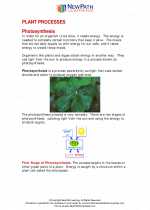 Plant Processes
Plant Processes  Activity Lesson
Activity Lesson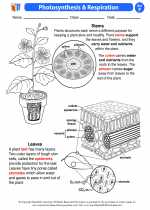 Photosynthesis & Respiration
Photosynthesis & Respiration  Worksheet/Answer key
Worksheet/Answer key Plant Processes
Plant Processes  Worksheet/Answer key
Worksheet/Answer key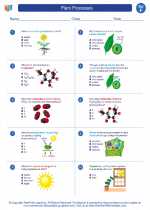 Plant Processes
Plant Processes  Worksheet/Answer key
Worksheet/Answer key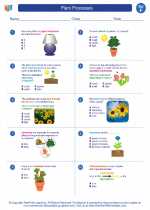 Plant Processes
Plant Processes  Worksheet/Answer key
Worksheet/Answer key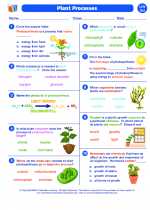 Plant Processes
Plant Processes  Vocabulary/Answer key
Vocabulary/Answer key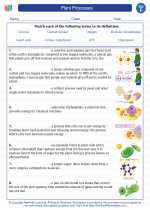 Plant Processes
Plant Processes  Vocabulary/Answer key
Vocabulary/Answer key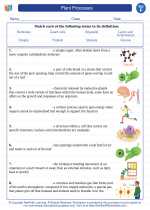 Plant Processes
Plant Processes 

 Activity Lesson
Activity Lesson
 Worksheet/Answer key
Worksheet/Answer key
 Worksheet/Answer key
Worksheet/Answer key
 Worksheet/Answer key
Worksheet/Answer key
 Worksheet/Answer key
Worksheet/Answer key
 Vocabulary/Answer key
Vocabulary/Answer key
 Vocabulary/Answer key
Vocabulary/Answer key

The resources above cover the following skills:
LIFE SCIENCE
From Molecules to Organisms: Structures and Processes
Students who demonstrate understanding can:
Construct a scientific explanation based on evidence for the role of photosynthesis in the cycling of matter and flow of energy into and out of organisms.